Optimal Timing for Livestock Fence Installation
Determining the optimal time for livestock fence installations depends on several factors including weather conditions, livestock management cycles, and soil conditions. Proper timing ensures the durability of the fence and minimizes disruption to livestock activities.
Spring offers moderate weather and soil conditions, making it ideal for setting posts and installing fencing materials.
Summer can be suitable if temperatures are manageable, but excessive heat may hinder work and affect material handling.
Fall provides cooler temperatures and dry soil, which are beneficial for installation before winter.
Winter installation is generally avoided due to frozen ground and harsh weather, which can compromise the integrity of the fence.
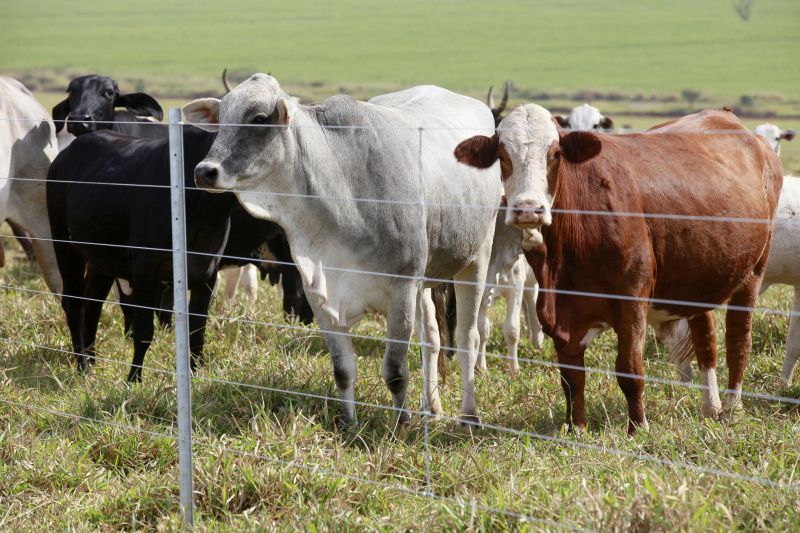
Ideal for quick setup with manageable weather conditions.
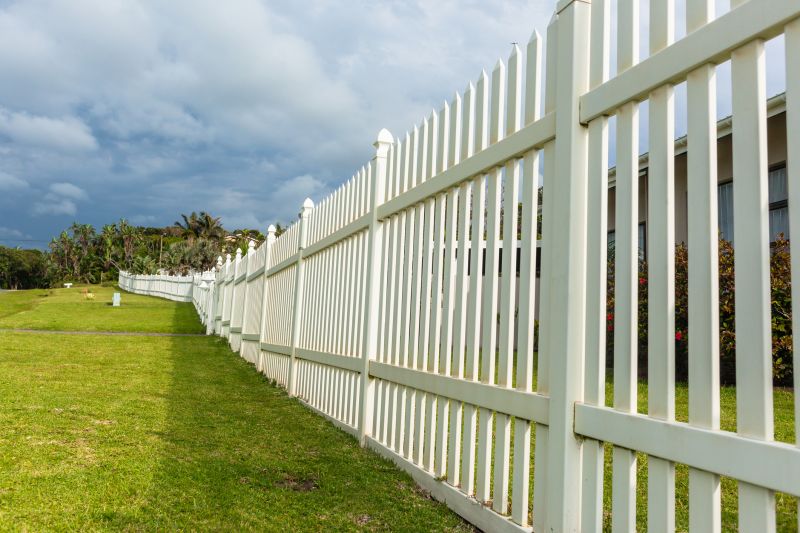
Requires planning around high temperatures and dry conditions.
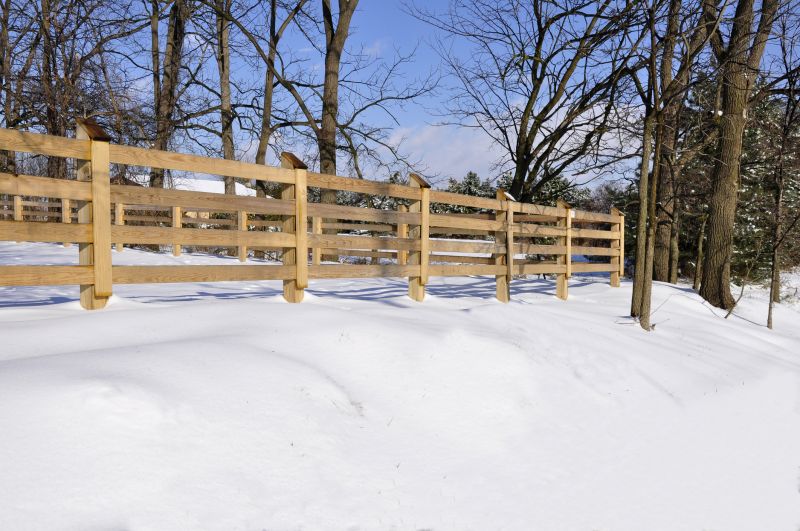
Provides optimal soil conditions before winter.
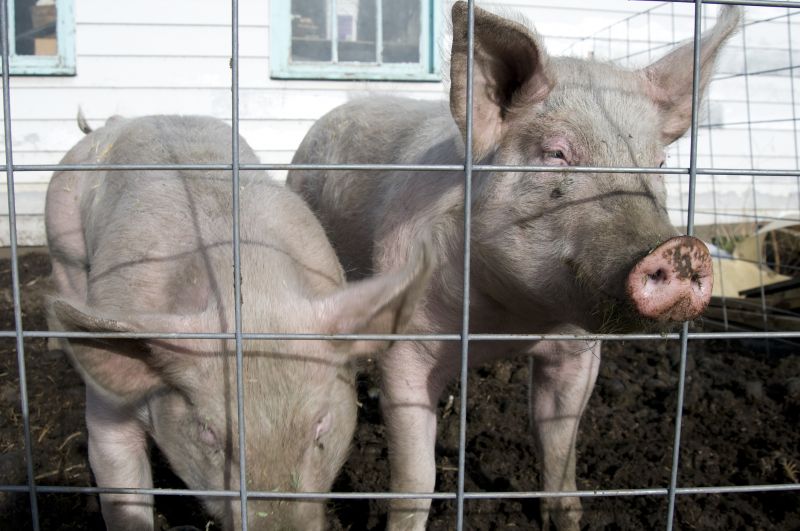
Ways to make Livestock Fence Installations work in tight or awkward layouts.
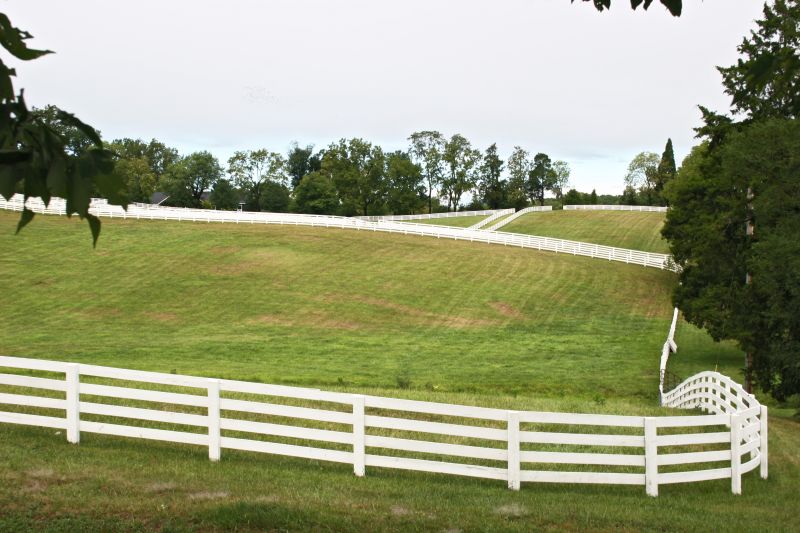
Popular materials for Livestock Fence Installations and why they hold up over time.
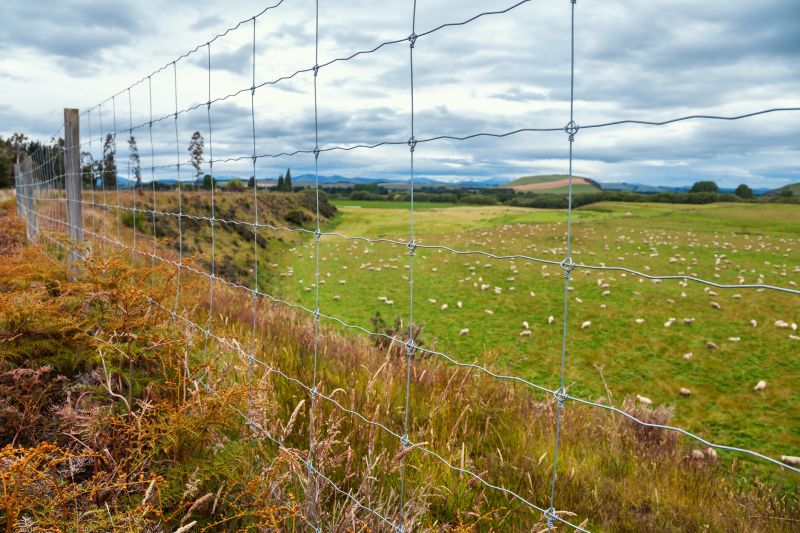
Simple add-ons that improve Livestock Fence Installations without blowing the budget.
| Season | Suitable for Livestock Fence Installations |
|---|---|
| Spring | Yes, with moderate weather and soil conditions |
| Summer | Possible, if temperatures are manageable |
| Fall | Yes, with dry soil and cooler temperatures |
| Winter | Generally not recommended due to frozen ground |
Livestock fence installations are a critical component of farm management, providing secure boundaries to contain animals and protect crops. Proper planning and timing can enhance the longevity of the fencing and reduce maintenance costs. The choice of season impacts not only the ease of installation but also the durability of the materials used.
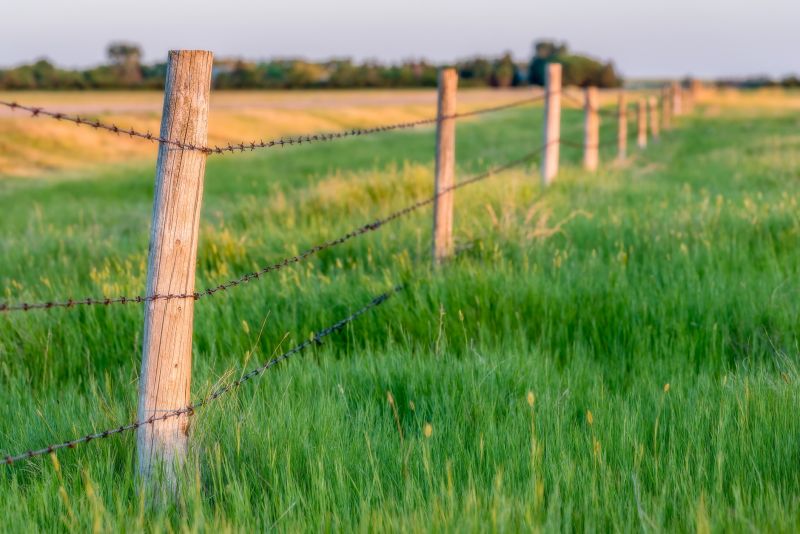
Optimal soil moisture facilitates secure post placement.
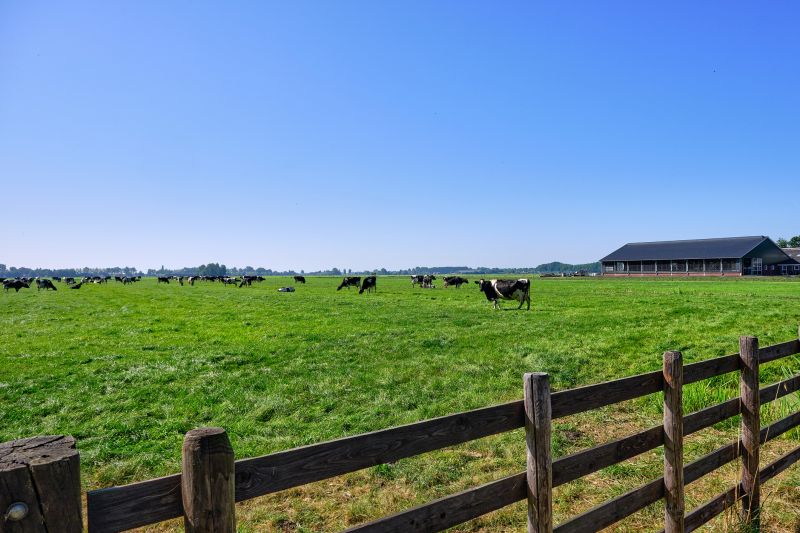
Materials are easier to install in dry, moderate weather.
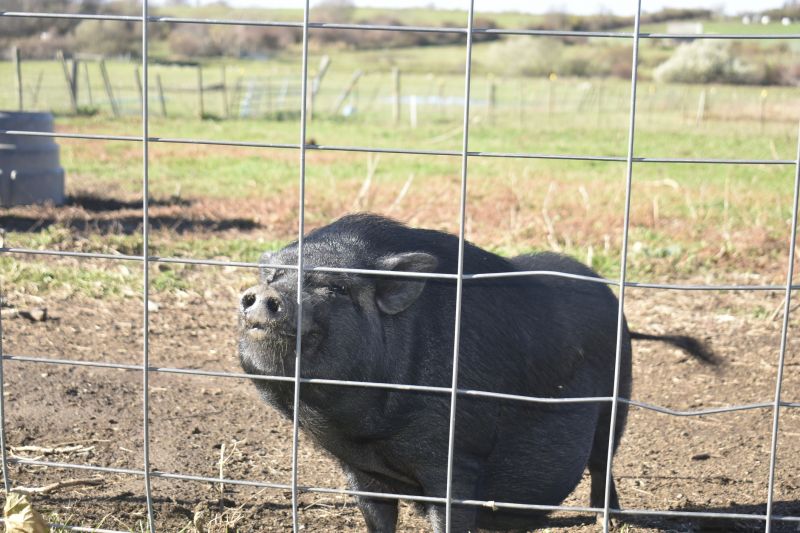
Properly timed installation ensures livestock safety.
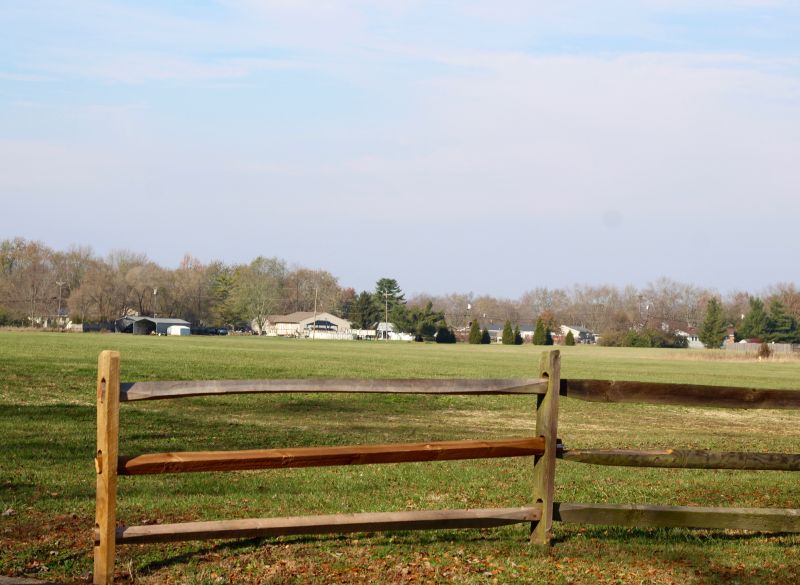
Timing influences long-term performance and maintenance.
Effective fence installation involves selecting the right season, considering weather patterns, soil conditions, and livestock management schedules. Properly timed installations can prevent delays, reduce costs, and ensure the safety and containment of livestock.
Interested in scheduling a fence installation? Fill out the contact form to get started.



